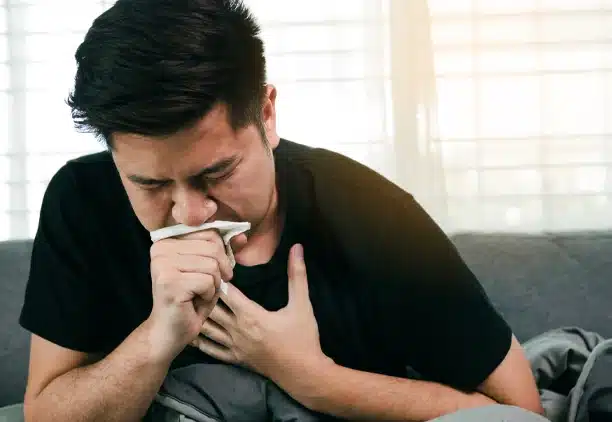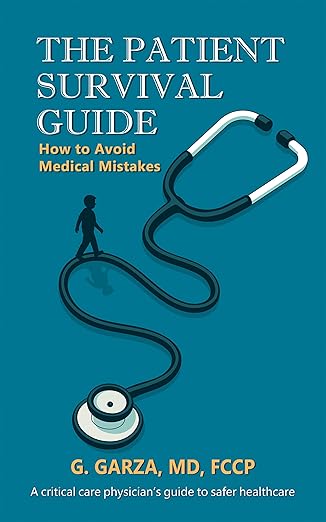Emphysema is a disease that damages the alveoli, or air sacs, in the lungs, reducing the surface area available for the exchange of carbon dioxide and oxygen and leading to difficulty breathing.
Along with chronic bronchitis, emphysema is one of the two main diseases leading to chronic obstructive pulmonary diseases (COPD).
Symptoms include shortness of breath, a mucus-producing cough, wheezing, chest tightness and recurring respiratory infections. If shortness of breath begins to interfere with daily tasks such as climbing the stairs, don’t dismiss it as typical aging or being out of shape, especially if you smoke or used to smoke. The number one cause of emphysema is smoking. Quitting is the best thing to prevent further damage.


